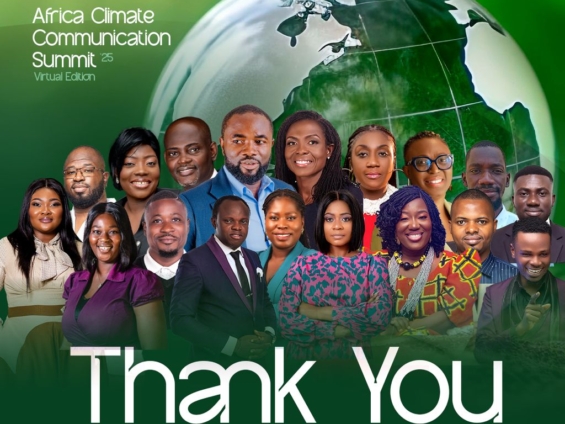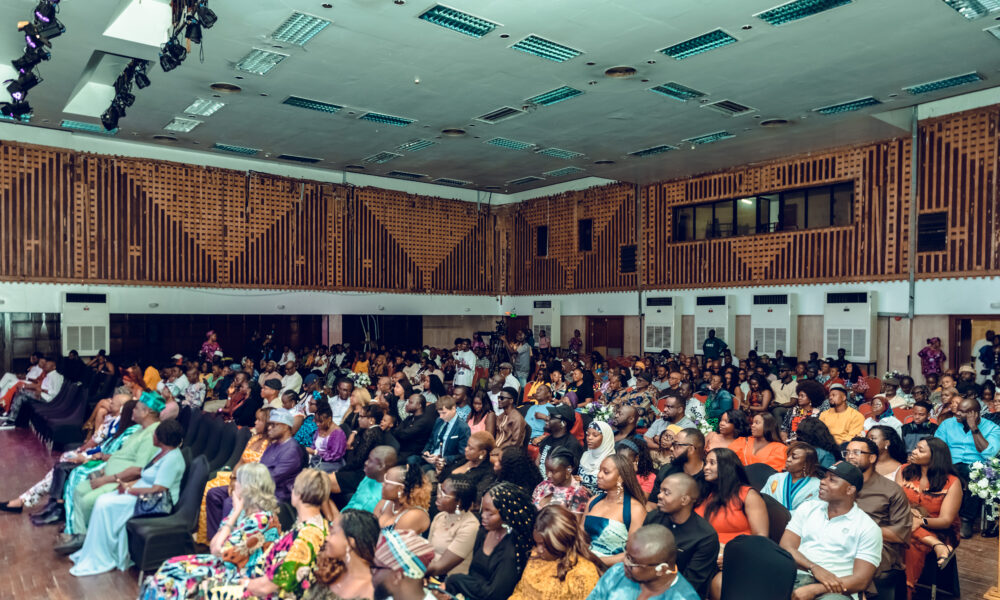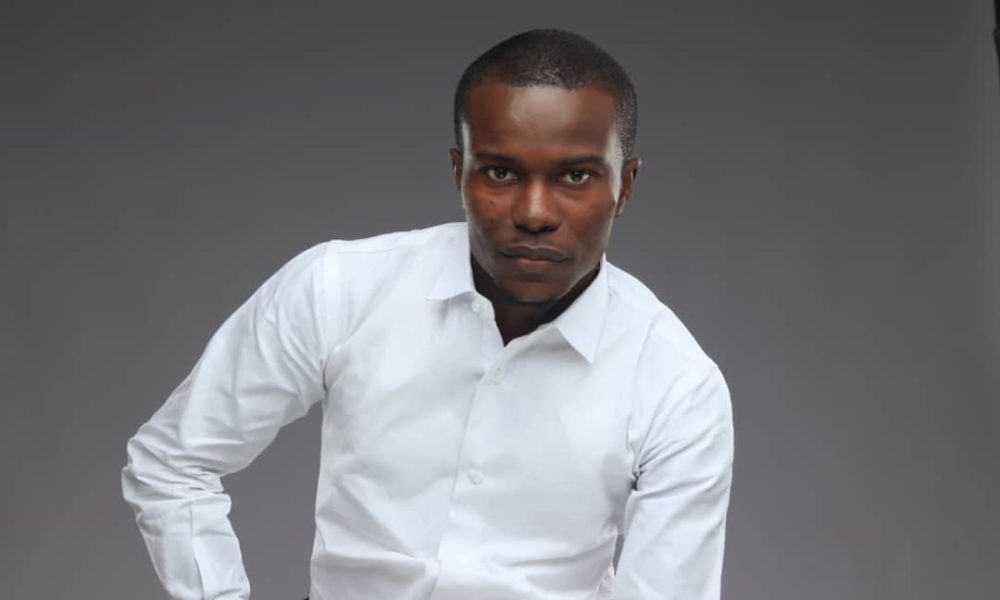United Front: Africa Declares Autonomy in Shaping Its Own Climate Narrative

The Africa Climate Communication Summit 2025 concluded with a powerful call for Africans to take charge of their climate narrative, using communication as a catalyst for resilience, innovation, and collective action. The two-day virtual summit, held under the theme “Towards a Climate Resilient Africa through Strategic Communication”, convened a diverse group including storytellers, communications and public relations professionals, policymakers, scientists, journalists, researchers, students, corporate leaders, and civil society representatives. Its central message was clear: Africa must move from being portrayed as a passive victim of climate change to becoming a global leader in solutions and resilience.
Adwoa Wiafe, Chief Corporate and Sustainability Officer at MTN Ghana, delivered the keynote address, highlighting storytelling as a crucial driver of change. She articulated, “We must tell both sides of our experience, the challenges and the solutions, because in both lie opportunities we can take advantage of.” Wiafe also underscored the imbalance Africa faces, contributing less than 4% of global emissions while enduring disproportionate impacts such as droughts, floods, and rising sea levels.
Throughout the summit, speakers and panellists emphasized the critical need for coordinated messaging that dismantles myths, amplifies indigenous innovations, and effectively reaches a wide array of audiences, from rural communities to tech-savvy youth. Nii Commey, convener of the summit, underlined the central and inspiring role of climate communication in Africa, stating, “Statistics alone will not move people. It is the human stories of farmers, fishers, women, and youth at the frontlines of climate change that inspire action. Storytellers must rise to the challenge of making these voices heard.”
The private sector was explicitly called upon to step up its role in climate communication. MTN Ghana exemplified this by highlighting its significant sustainability initiatives, which include the implementation of early warning systems, the deployment of smart agriculture technologies, and the provision of affordable digital devices designed to expand access to vital climate information. With contributions from speakers across Benin, Mali, Nigeria, the United Kingdom, and Ghana, conversations explored how communication effectively connects science, policy, and community realities while charting robust strategies for resilience.
As COP30 in Belém, Brazil, approaches, the summit’s message is particularly timely: Africa must own its climate story, elevate its resilience, and present itself as a leader in adaptation and innovation. By placing communication at the heart of climate action, the Africa Climate Communication Summit affirmed that the continent’s story must be told clearly, boldly, and inclusively. The summit was organized by the Stories for Change Foundation under its Climate Communication Africa Programme, an indigenous storytelling hub committed to using the power of storytelling to create positive change in Africa through credible narratives and Social and Behavioural Change Communication (SBCC) to promote positive results, particularly at the grassroots level.
You may also like...
Estevao Willian Makes Highly Anticipated English Football Debut!

Teenage sensation Estevao Willian made an unforgettable debut for Chelsea, scoring a 95th-minute winner against Premier ...
Chelsea Stuns Liverpool in Epic Clash as Reds' Season Plummets!

Chelsea secured a dramatic 2-1 victory over title rivals Liverpool at Stamford Bridge, with Moisés Caicedo's stunning op...
Chris Pratt's Low-Rated Franchise Stuns With Streaming Surge After Prequel's Triumph

Chris Pratt's career has expanded significantly into streaming, with his Prime Video series The Terminal List and its sp...
Meryl Streep's Iconic Return Elevates 'Only Murders in the Building' to New Heights

Episode 6 of Only Murders in the Building Season 5 brings Loretta back, allowing Oliver and his wife to explore his chil...
Bieber's Grand Entrance: Justin Surprises Fans with Piano Debut of New Music at Gleneagles

Justin Bieber recently made a surprise trip to Scotland, delighting fans with an intimate piano performance at the luxur...
Swiftie Storm Unleashed: Taylor Swift's New Diss Track Ignites Fan Frenzy, Targets Charli XCX

Taylor Swift's new album, "The Life Of A Showgirl," is making headlines with a diss track believed to target Charli XCX ...
Grand Celebration: Nigeria's 65th Independence Marked by Enchanted Concerts

Marking 65 years of independence, Enchanted Concerts offered a unique live production celebrating Nigeria's musical lega...
Bargain Beauty: Uncovering Top Nude Nail Varnishes, Including a £2 Steal!

Discover the secret to polished hands with a guide to the best nude nail polishes across budget, mid-range, and luxury o...




